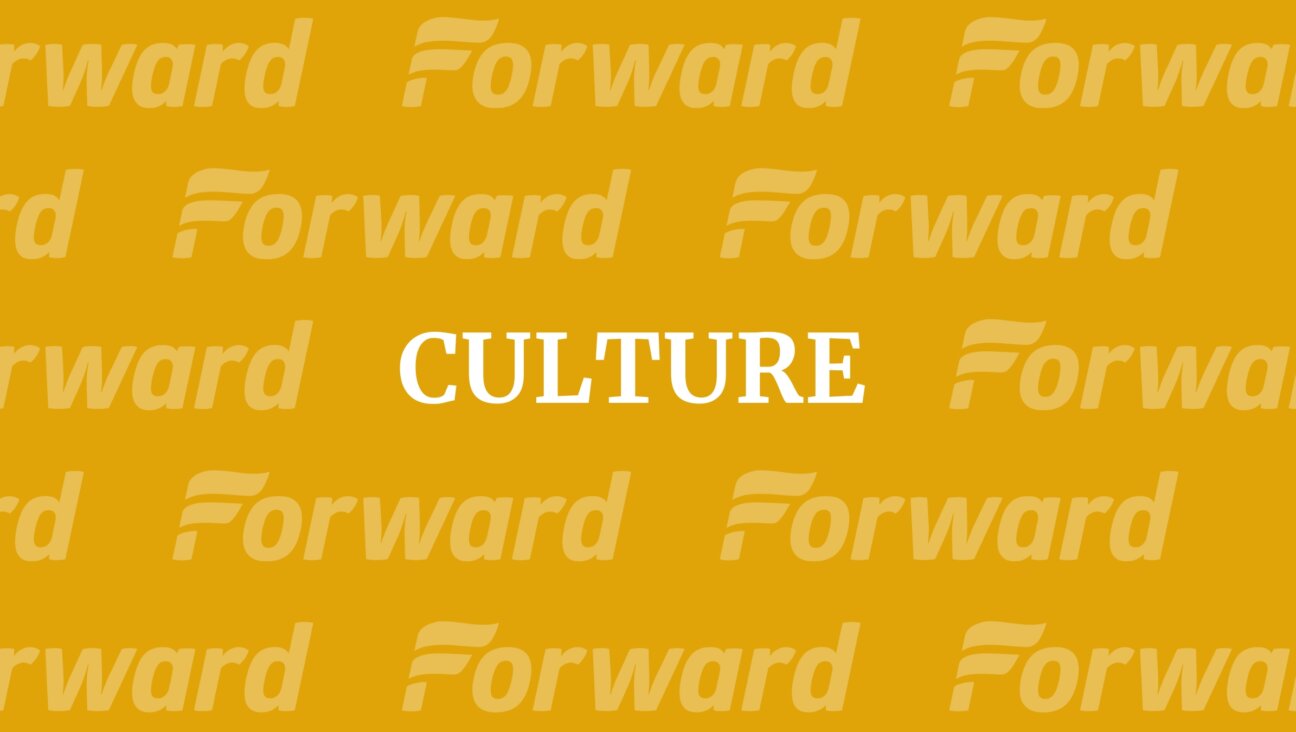Dayenu, Is It Enough?
As we celebrate the Passover Seder, we sing, Dayenu, perhaps the most recognized of Passover songs. We sing “It would have been enough” to take us of Egypt, and “it would have been enough” to split the sea, and “it would have been enough” to give us the Torah and Shabbat. But as we sit…















